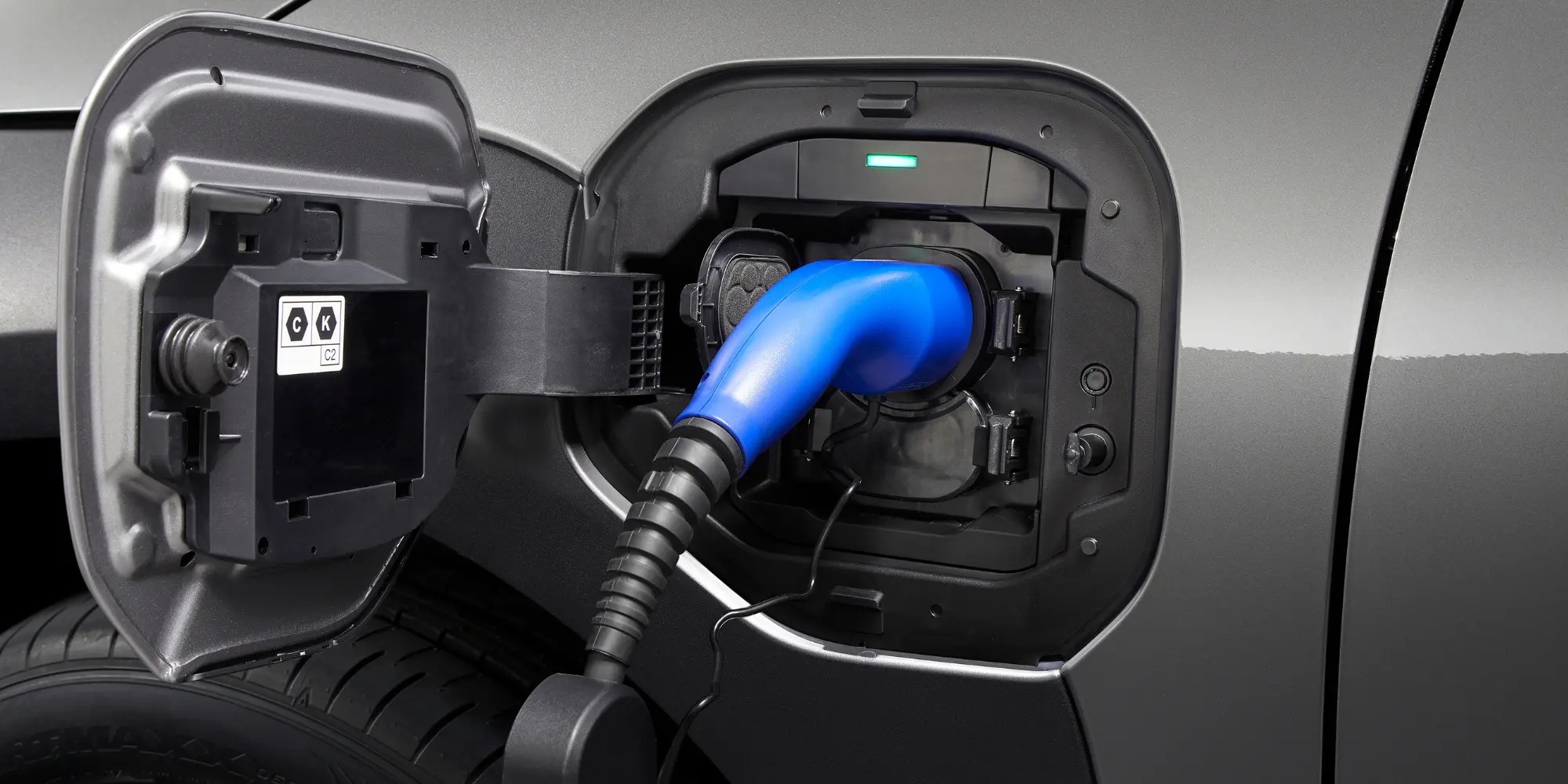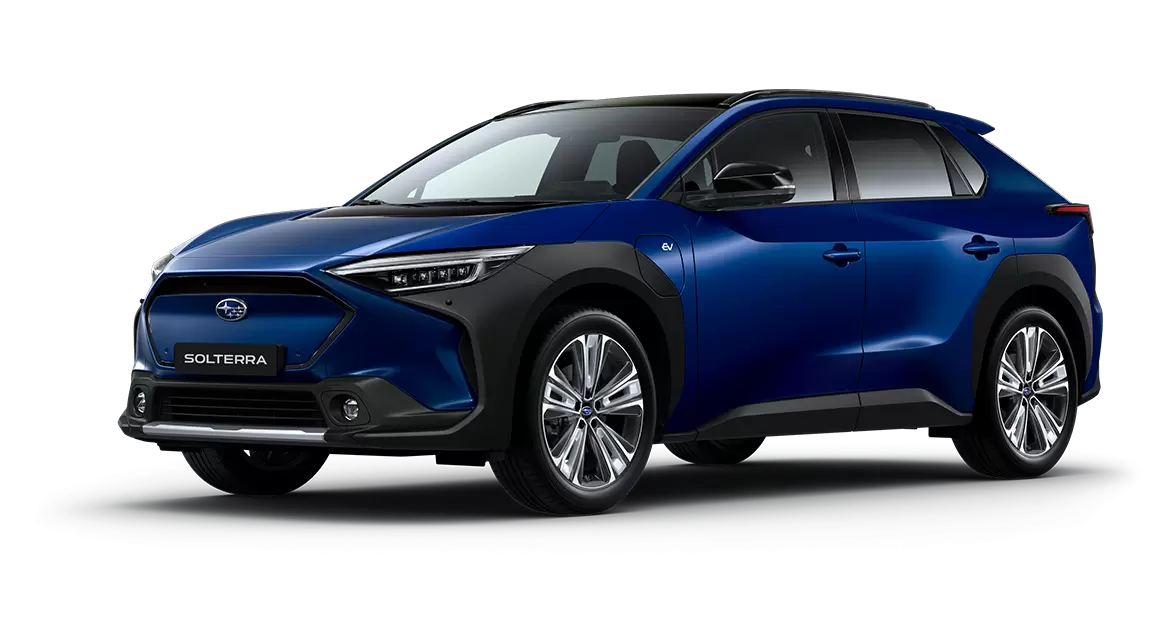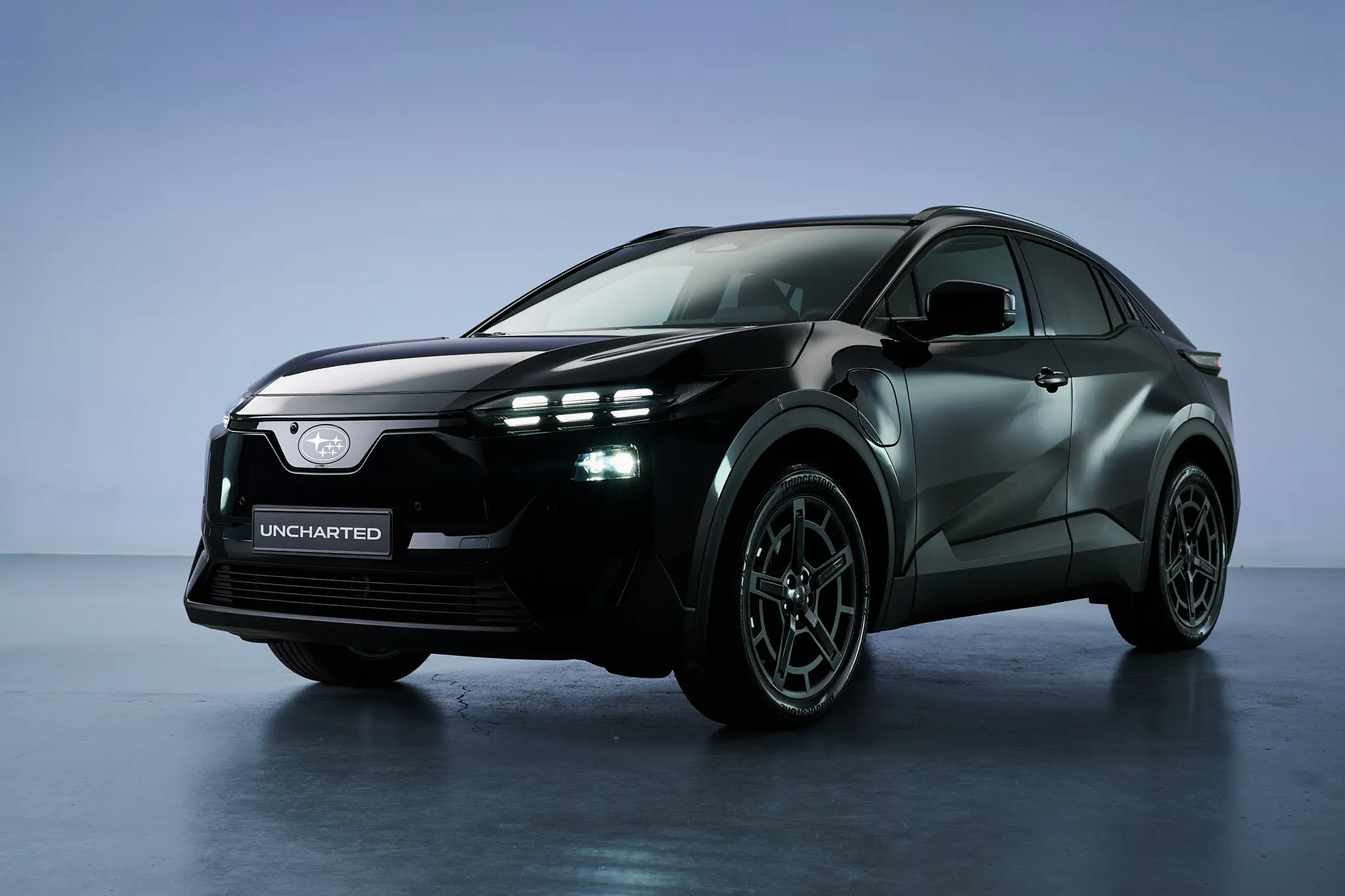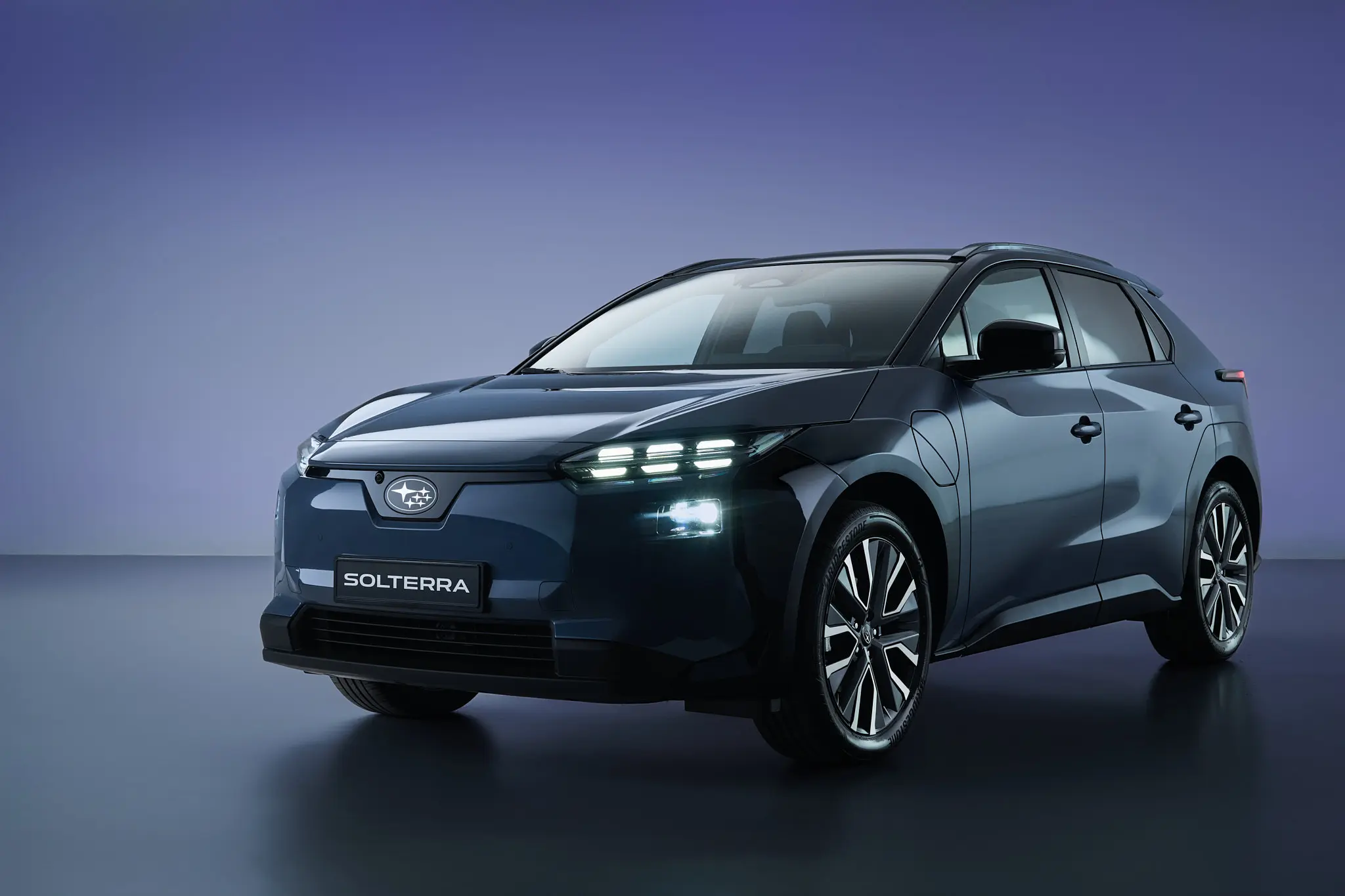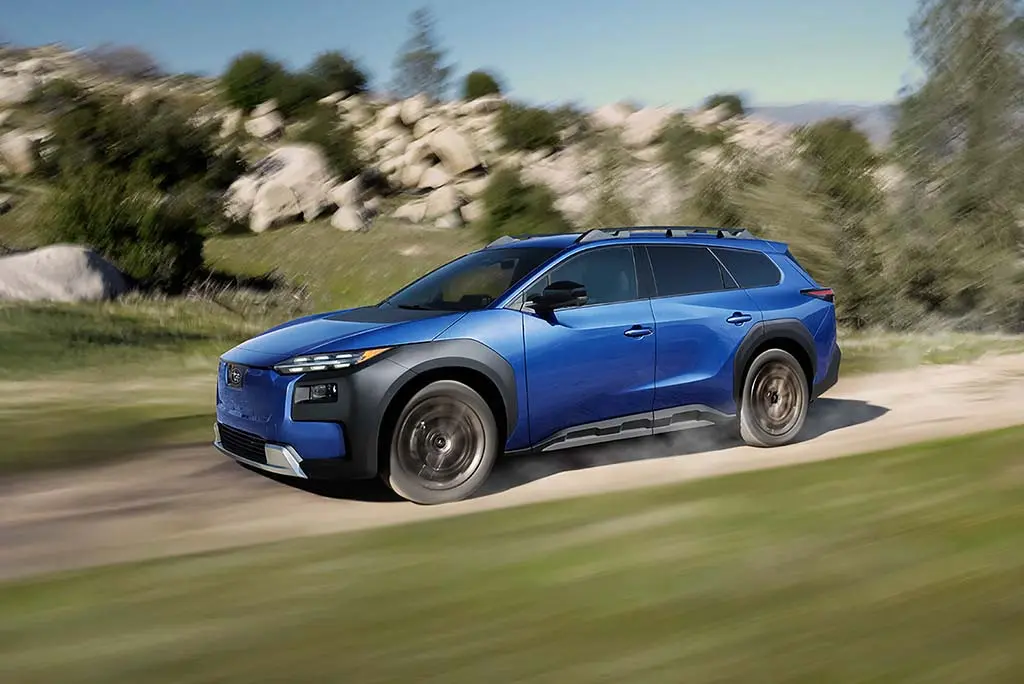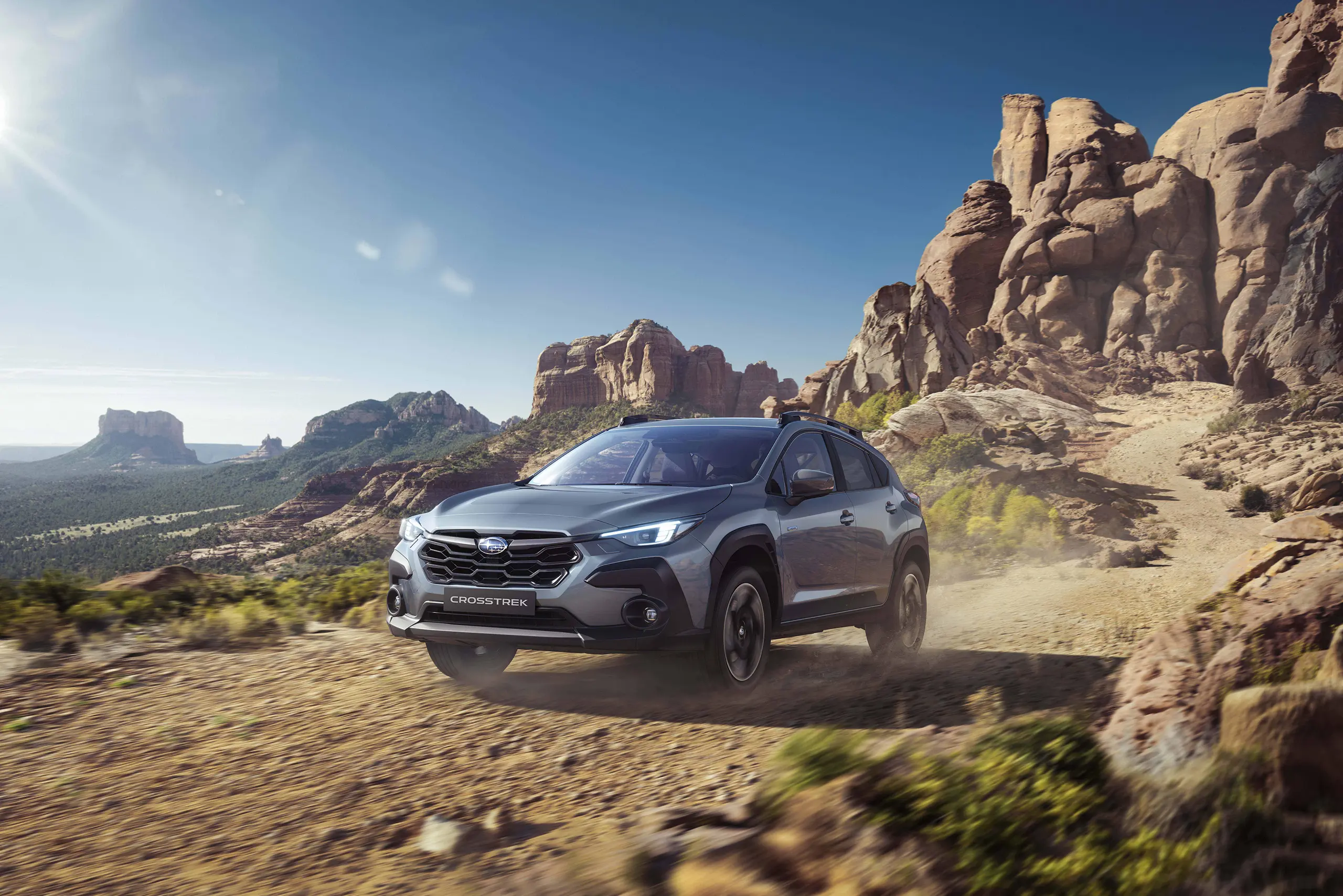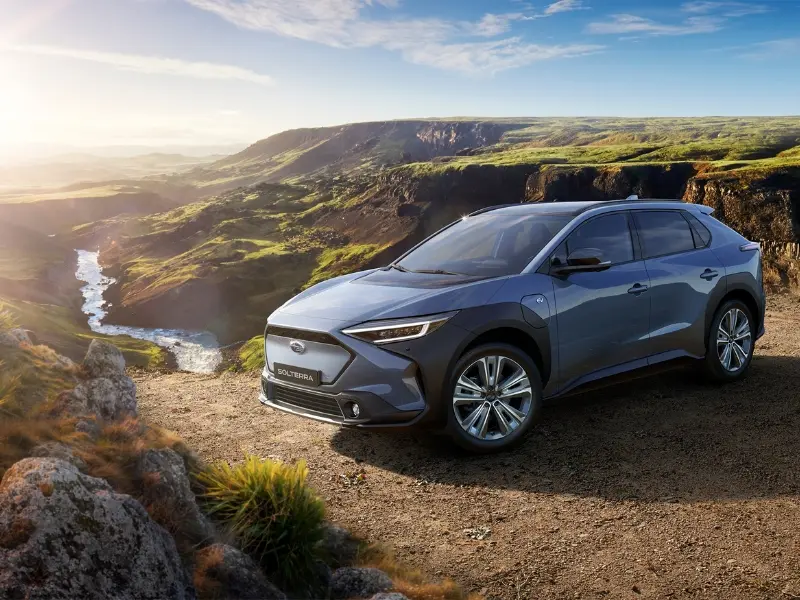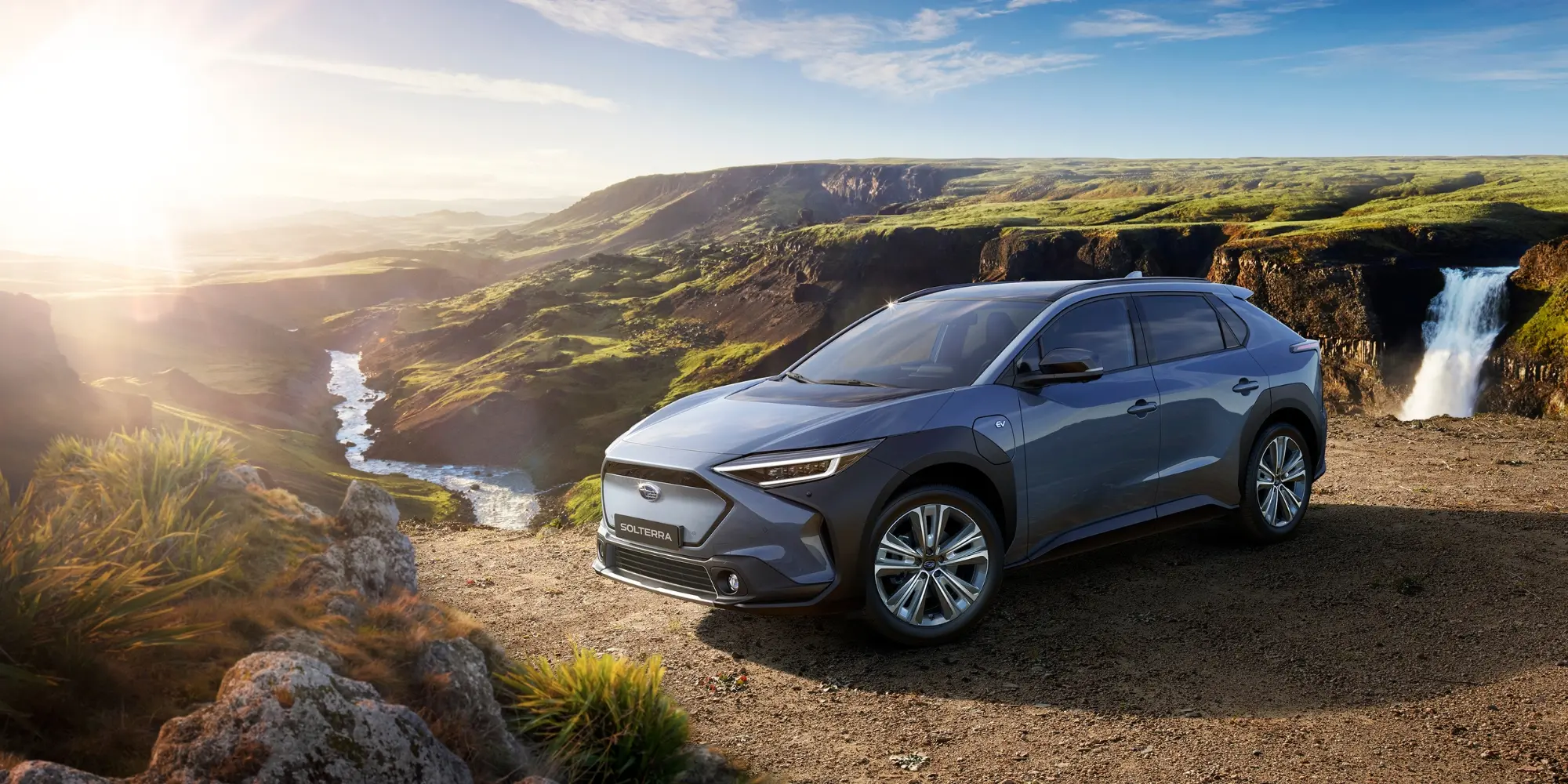Key takeaways:
The ever-evolving electric car comes with an increasing number of benefits:
- Decreased emissions
- Reduced fuel expenditure
- Enhanced performance
- Less maintenance
Wondering about the world of electric cars? With the government setting on the path to zero-emission vehicles by 2035, electric vehicles will become an even bigger part of our lives. So, if you’re looking to make the change now and you’re asking yourself whether electric cars are worth it, look no further. From reducing fossil fuels to lowering running costs, we’ve made sure to note everything you need to know about the benefits of electric cars so you can make the choice that’s right for you.
The benefits of electric cars you need to know about
1. Electric cars are better for the environment
The overall carbon footprint of electric vehicles is currently estimated to be 50%-80% better than a combustion engine vehicle, considering the reduced emissions associated with electricity generation compared to the refining and burning of fossil fuels.
2. Reduced fuel costs
With electricity typically being cheaper per mile compared to petrol, you can expect to see considerable savings in your annual fuel expenditure. Studies show that, on average, electric cars can be 21% cheaper in terms of running costs compared to a comparable petrol vehicle (source: Octopus EV). When buying an electric car, you can enjoy the financial benefit of lower fuel costs, ultimately leading to long-term savings and a more economical driving experience.
3. Lower tax expenses
In addition to their environmental benefits, one of the other advantages of electric cars is that they often qualify for lower road tax or even exemptions in many regions. By choosing an electric car, you can not only contribute to cleaner air and a healthier planet but also enjoy financial benefits through reduced road tax expenses.
Keep in mind: The government issued guidance on how the new Vehicle Excise Duty (VED) will change in the future. From 1st April 2025 you will pay the lowest first-year rate at £10, followed by the standard rate of £195 from the second tax payment onwards. See the full VED guidance here.
4. Smoother braking
Many of the benefits of electric cars are also found in the different driving experience they offer. Smooth braking is a key feature of electric cars because they use regenerative braking. As the car slows the car down, the electric motor converts the energy into electricity. This is stored in the battery for later use. Not only does this save on energy costs, it reduces the wear and tear on brakes and tyres too.
You can also expect a smoother drive as there will be less resistance when you push the brake pedal.
5. Responsive steering
Power steering is not a new concept, but it has been advanced for EVs – called Electric Power Steering. An electric vehicle will sense when you’re driving at a higher speed and will create more steering resistance. Or, if you’re parking and driving at a low speed, it will adapt the steering to allow you to make more precise movements.
6. More power
A big benefit of electric cars is the increased power. We design EVs with around 20 parts that work together to generate power. By comparison, a diesel or petrol engine uses around 2000 parts. This translates into higher efficiency for electric cars because a lower number of moving parts means power can transfer quicker. This, along with no gear change, results in a more responsive drive and a smoother journey.
7. No congestion charge for EVs
Many major cities in the UK have introduced Clean Air Zones to lessen the pollution. This means some petrol and diesel cars will face a charge for entering these areas. However, electric cars are exempt from this as they don’t produce carbon emissions. As well as an EV’s enhanced performance, lowering the overall costs of owning a car is a huge benefit of electric cars.
8. Less maintenance
Maintenance for electric cars is typically less frequent and cheaper compared to other cars. Electric vehicles have fewer moving parts, which means fewer components require regular servicing or replacement. Additionally, regenerative braking systems in electric cars help to extend the lifespan of brake pads and discs by reducing wear and tear. With fewer maintenance requirements and lower upkeep costs, you can enjoy greater peace of mind and financial savings, making the switch to electric vehicles an attractive option.
9. Constant connectivity
Oftentimes electric cars come with their own apps that allow you to access many handy features and are seamlessly integrated with both your vehicle and the in-car multimedia system. For example, the Subaru Care app operates right from your smartphone or tablet. It grants you remote access to a plethora of information and functions, allowing you to interact with your Solterra even when you're not behind the wheel. Whether you're checking on the vehicle's status, adjusting settings, or planning your next trip, the Subaru Care app puts control at your fingertips.
10. More convenience from charging at home
Another reason why electric cars are worth it for many drivers is that they get to save time by charging their car at home as opposed to planning a journey to the pump or waiting in line.
11. More available incentive schemes to make the switch to electric
It’s also worth keeping an eye out for any incentives or grants that apply to electric cars. For example, the government offers a grant for installing charge points at home. Schemes like this are extremely handy and make the transition to an electric car significantly easier.
12. Free parking
Another advantage of electric vehicles is that you can even get free parking for your electric car. There are many towns in the UK that offer special parking bays that are free for electric vehicles. Check out your local council website. These are usually listed on their site.
13. Low noise for a more relaxing driving experience
Another benefit of electric cars is that they are less noisy than their petrol or diesel counterparts. There is no combustion engine and therefore no exhaust system which means that the noise you will typically hear as you drive is the wind when driving at high speeds.
Keep in mind: The government introduced legislation in 2019 that requires electric vehicle manufacturers to add noise in order to improve road safety. This applies to specific driving situations such as reversing and driving with a speed lower than 20km/h (12miles/h).
14. Futureproofing your journeys
As the ever-evolving regulations around emissions show, electric cars will remain the sustainable vehicles that give drivers less limitations around driving, parking and buying vehicles.
Are there any disadvantages to owning an electric car?
The list of electric cars benefits is long, but there are a few considerations worth keeping in mind:
Battery range limitations
Most electric cars come with a battery range of at least 200 miles (Subaru Solterra has a maximum range of up to 289 miles). So, drivers making long journeys regularly need to keep this limitation in mind. However, research shows that cars in the UK drive an average of 20 miles per day, which means electric cars still give most drivers plenty of power to complete their journeys.
Charging points availability
Struggling to find a charging point before the battery runs out is a real fear many drivers have, especially if they don’t have a charging point at home and rely on public ones. But it’s worth noting that the charging infrastructure keeps expanding. You can check out this map of public charging devices by local authority put together by the Department of Transport to see the extent of their availability in your area.
Lower top speeds
Electric cars do come with lower top speeds. The speed limit preserves the battery life so you can get more mileage out of a single charge. So, keep this in mind as well when choosing between different models.
So, are electric cars worth it?
We think so, but the answer for each driver depends on financial considerations as well as driving habits and lifestyle. Electric cars come with both benefits and disadvantages that have to be weighed. From significant savings on fuel expenditure to contributing to cleaner air and enjoying the convenience of constant connectivity through innovations like the Subaru Care app, the benefits of electric cars extend far beyond just getting from point A to point B.
Want to find out more? Please visit our electric car FAQ page to find all the answers you need. Convinced that an electric car is right for you? Explore our Solterra – an all-electric SUV that comes with Permanent All-Wheel Drive System and Subaru Safety Sense Technology. See our electric SUV in action with our Day in the Life of a Subaru Solterra here. You can even request a test drive and get a better feel for what is like to drive an electric car.
News & Stories

Subaru Helps Owners Travel Safer with Their Pets

Subaru UK Retailer Update and Awards 2026

The benefits of hybrid cars

Self-charging hybrid cars: what they are & how they work

All-wheel drive cars: what they are & how they keep you safe
